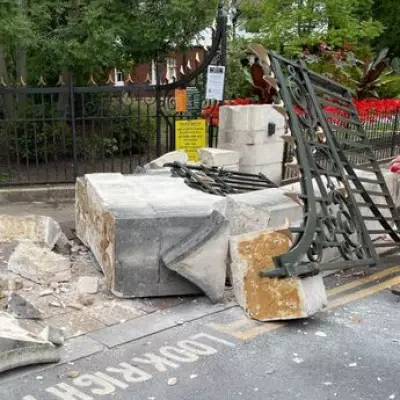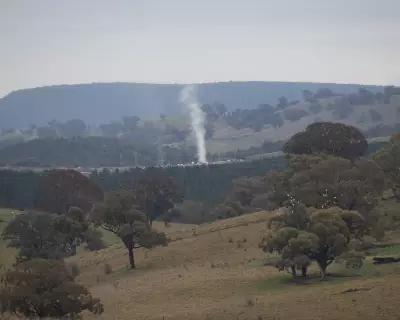
In the shadow of India's growing cities, mountains of garbage rise against the skyline - toxic monuments to a global consumption crisis that's claiming lives and poisoning communities.
The Human Scavengers of Ghazipur
Each day, thousands of waste pickers ascend the treacherous slopes of landfills like Delhi's Ghazipur, where the 65-metre high trash mountain frequently erupts in toxic fires and threatens to collapse. These informal workers, including children and elderly residents, brave hazardous conditions to scavenge recyclable materials that fuel global supply chains.
A Deadly Daily Grind
The work is as dangerous as it is essential. Workers face:
- Constant exposure to methane gas and toxic fumes
- Direct contact with medical waste and hazardous materials
- Risk of landslides and garbage avalanches
- Severe health issues including respiratory diseases and skin conditions
- No protective equipment or formal employment rights
Environmental Time Bomb
These sprawling waste sites represent an environmental catastrophe in the making. Leachate from decomposing waste poisons groundwater supplies, while constant fires release dangerous pollutants into the air of already heavily polluted cities.
The Ghazipur landfill alone receives nearly 2,000 tonnes of fresh waste daily, despite having exceeded its capacity over two decades ago. Similar crises are unfolding across India's major urban centres, where infrastructure has failed to keep pace with rapid urbanisation and consumption patterns.
Between Poverty and Poison
For the waste pickers, this dangerous work represents their only means of survival. Many are migrants from rural areas or belong to marginalised communities with limited employment options. They typically earn less than £3 per day sorting through hazardous materials that wealthier citizens discard.
One worker interviewed described the impossible choice facing his community: "We know this work is killing us, but hunger kills faster. What alternative do we have?"
A Global Problem with Local Consequences
India's trash mountains reflect a broader global crisis in waste management. As Western nations export recyclable materials and developing economies consume more packaged goods, the human and environmental costs are being borne by the world's most vulnerable populations.
The situation highlights the urgent need for sustainable waste management solutions and greater corporate responsibility in packaging and product design. Until systemic changes occur, thousands will continue to risk their lives daily on these toxic peaks of human consumption.





